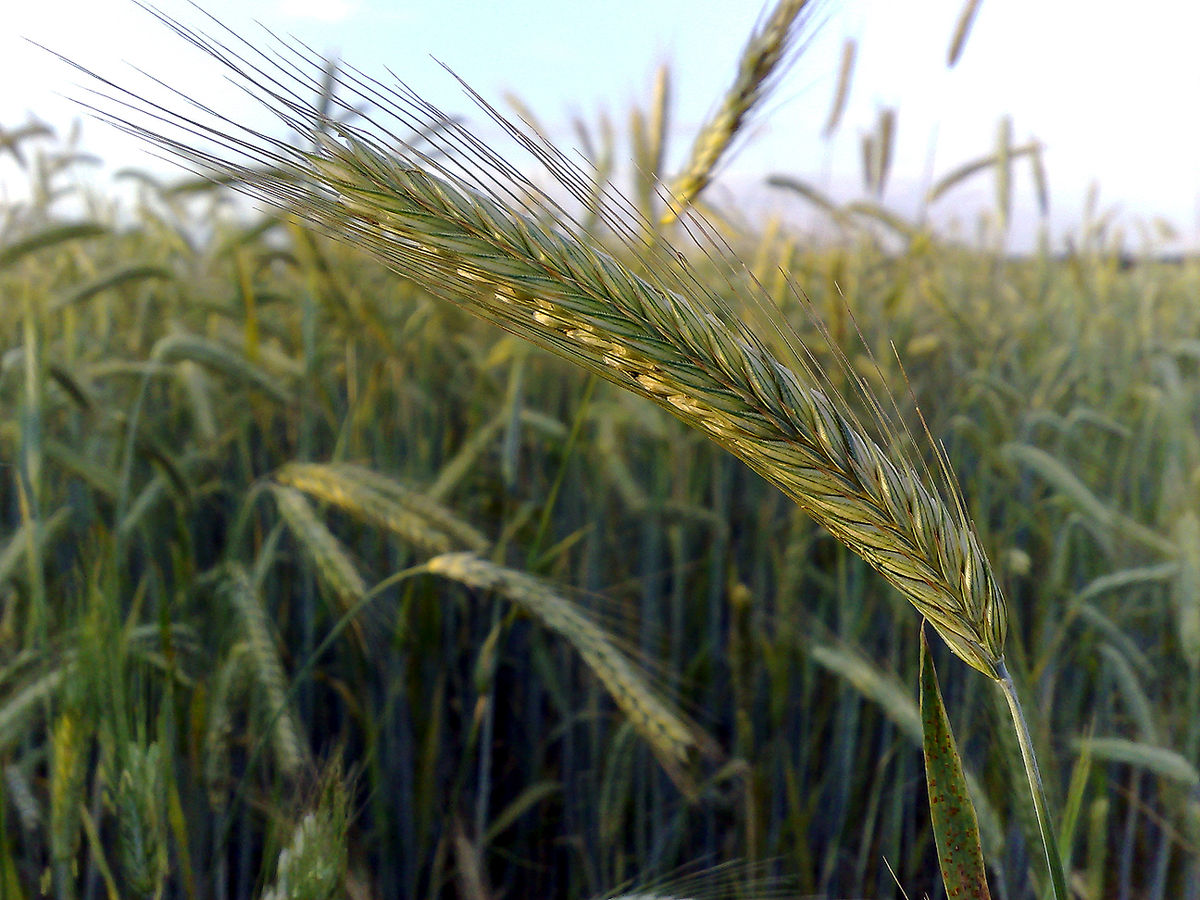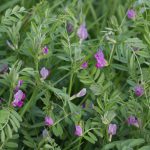Organic Cereal or Winter Rye
Secale cereale
The hardiest of cereals, rye can be seeded later in fall than other cover crops and still provide considerable dry matter, an extensive soil-holding root system, significant reduction of nitrate leaching and exceptional weed suppression. Inexpensive and easy to establish, rye outperforms all other cover crops on infertile, sandy or acidic soil or on poorly prepared land. It is widely adapted, but grows best in cool, temperate zones. Taller and quicker-growing than wheat, rye can serve as a windbreak and trap snow or hold rainfall over winter. It overseeds readily into many high-value and agronomic crops and resumes growth quickly in spring, allowing timely killing by rolling, mowing or herbicides. Pair rye with a winter annual legume such as hairy vetch to offset rye’s tendency to tie up soil nitrogen in spring.
Lifespan: Annual
Season: cool
Uses: grain, forage, cover crop, soil improvement
Native or Introduced: Introduced
Annual Average Precipitation: 14 inches
Field Seeding Rate (lbs/acre): 110 to 120



